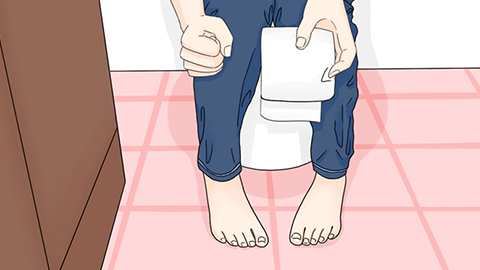Can Dried Rehmannia (Shu Di Huang) be used for loose stools?
If loose stools are caused by yin deficiency, blood deficiency, or similar conditions, Rehmannia root (Shu Di Huang) may usually be taken under the guidance of a physician. However, if the loose stools are caused by other factors, Rehmannia root is generally not appropriate. It is recommended to seek timely medical advice to determine the cause of the condition and receive appropriate treatment under the guidance of a qualified physician.

Rehmannia root is warm in nature and sweet in taste, and it functions to nourish yin, enrich blood, and replenish essential substances and marrow. If a patient's loose stools are due to yin deficiency with fire hyperactivity or blood deficiency with dry intestines, symptoms often include dry mouth and throat, feverish sensation in the palms and soles, alternating constipation and diarrhea, etc. When the function of the spleen and stomach is still adequate and there are no obvious signs of dampness retention, Rehmannia root may be combined with spleen-strengthening and dampness-resolving herbs such as Atractylodes (Bai Zhu) and Poria (Fu Ling) under the guidance of a doctor. In this case, Rehmannia root can alleviate yin deficiency symptoms, and the combination can reduce its greasy nature to avoid worsening the diarrhea.
Loose or poorly formed stools may be caused by various factors, including spleen and stomach weakness, indigestion, intestinal inflammation, and so on. These factors may cause increased intestinal motility and reduced water absorption, resulting in loose stools. If loose stools are caused by spleen and stomach weakness or indigestion, using Rehmannia root might exacerbate the bowel movement issues, as Rehmannia root has a lubricating effect on the intestines and can promote bowel movements.
Patients with long-term loose stools or chronic diarrhea should also avoid using Rehmannia root to prevent aggravating the condition. In daily life, maintaining good dietary hygiene, avoiding contaminated food, and keeping healthy lifestyle habits can help prevent the occurrence of loose stools and similar issues.




